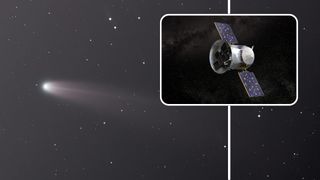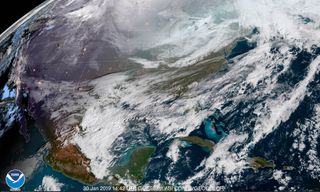Astronomy
Explore Astronomy
Latest about Astronomy

1.1 million mph cosmic winds race through 'magnetic superhighway' in colliding galaxies
By Robert Lea published
Astronomers have discovered powerful magnetic fields steering gas, dust, and star formation in a dramatic galaxy merger.

Comet C/2025 K1 (ATLAS) crumbles apart in stunning new telescope images
By Elizabeth Howell published
The comet broke into pieces after making a close approach around the sun in October 2025.
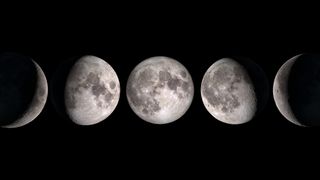
What is the moon phase today? Lunar phases 2026
By Tariq Malik, Daisy Dobrijevic last updated
Reference See what moon phase it is tonight and find out when you can see the rest of the moon phases for 2026.
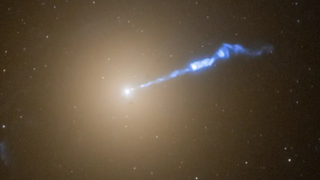
Astronomers watch 1st black hole ever imaged launch a 3,000‑light‑year‑long cosmic jet from its glowing 'shadow'
By Robert Lea published
"It is amazing to see that we are gradually moving towards combining these breakthrough observations across multiple frequencies and completing the picture of the jet launching region."
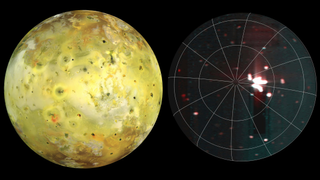
NASA's Juno spacecraft spots the largest volcanic eruption ever seen on Jupiter's moon Io
By Keith Cooper published
"What makes the event even more extraordinary is that it did not involve a single volcano, but multiple active sources."
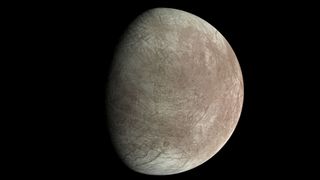
Jupiter's moon Europa has an ice shell about 18 miles thick — and that could be bad news for alien life
By Julian Dossett published
Using data gathered by NASA's Juno Jupiter orbiter, scientists estimate that Europa's ice shell is about 18 miles thick — which could make it hard for nutrients to get down to its buried ocean.

Satellite sees river flow across the globe | Space photo of the day for Jan. 29, 2025
By Kenna Hughes-Castleberry published
Along with this stunning image is the first-ever global estimate of river water discharge and overall sediment suspension.

James Webb Space Telescope reveals new origin story for the universe's 1st supermassive black holes
By Sharmila Kuthunur published
Recent James Webb Space Telescope data confirms a decade-old theory that the universe's earliest supermassive black holes formed without stars.
Breaking space news, the latest updates on rocket launches, skywatching events and more!
